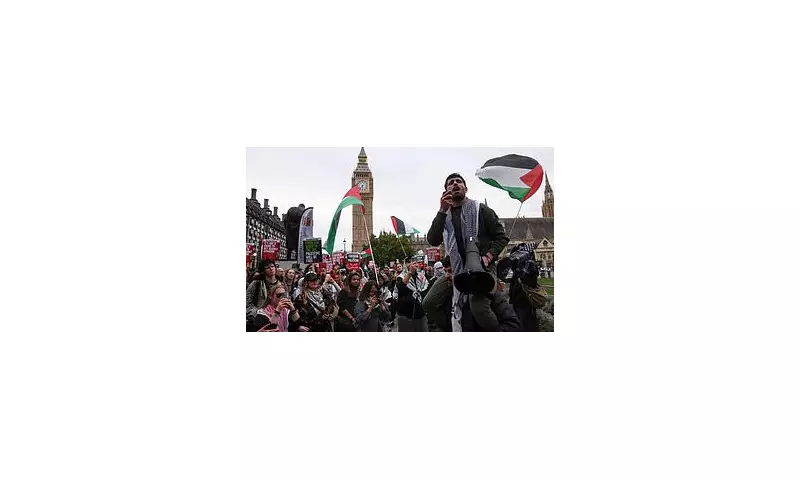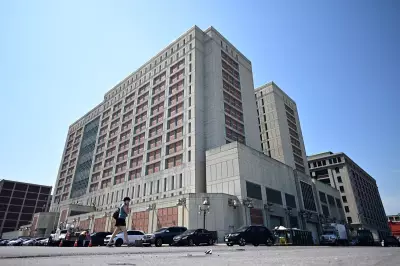
The streets of London have become a battleground for increasingly toxic demonstrations that threaten the very fabric of British society. What began as legitimate protests have transformed into frightening displays of hatred and intimidation that leave ordinary citizens and law enforcement authorities deeply concerned.
A Capital Under Siege
Week after week, central London witnesses processions where extremist rhetoric has replaced reasoned debate. Marchers now openly espouse views that would have been unthinkable in public discourse just years ago, creating an atmosphere of fear and division that spreads far beyond the protest routes.
The Police: Overstretched and Underprepared
Scotland Yard faces an unprecedented challenge as officers find themselves outnumbered and ill-equipped to handle the scale of these demonstrations. The Metropolitan Police, already stretched thin by budget constraints and multiple responsibilities, now confronts organised groups determined to push the boundaries of acceptable behaviour.
The situation has reached a critical point where:
- Police resources are being diverted from community policing
- Officers face increasing levels of abuse and physical confrontation
- The cost of policing these events runs into millions of pounds
- Businesses along protest routes suffer significant financial losses
The Human Cost of Hate
Beyond the political implications lies a deeper social tragedy. Residents report feeling like prisoners in their own homes during major demonstrations. Jewish communities particularly express growing anxiety as antisemitic rhetoric becomes increasingly normalised in public spaces.
"We've crossed a line where civil discourse has been replaced by raw hatred," notes one community leader who wished to remain anonymous. "The Britain I knew is changing before our eyes, and not for the better."
A Call for Action
There are growing demands for the government to take decisive action. Proposed measures include:
- Strengthening legal frameworks to address extremist rhetoric
- Increasing police powers to prevent known agitators from attending protests
- Reviewing funding sources for organisations repeatedly involved in violent demonstrations
- Creating buffer zones to protect vulnerable communities
The question remains whether Britain can reclaim its tradition of peaceful protest while protecting its citizens from the poison of extremism that now threatens to overwhelm public spaces.





